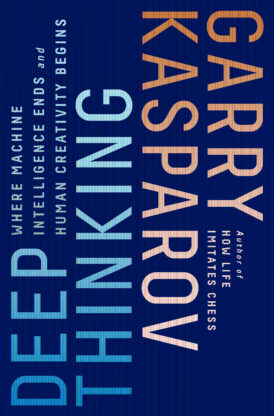Sep 23, 2019
Video by Jenny Schweitzer Bell
The benefits of teaching chess to children are manifold. Studies suggest that the cognitive-boosting board game, which has endured around the world for more than 15 centuries, improves a child’s visual memory, attention span, spatial-reasoning ability, critical thinking, mental discipline, creativity, math skills, and logical reasoning. One study found that children who played chess scored an average of 10 percentage points higher on reading scores than their peers who didn’t play.
In the short documentary The Magic of Chess, which premieres on The Atlantic today, a cadre of pint-size chess champions reveals how the practice has enriched their lives. The director Jenny Schweitzer Bell shot the film on location at the 2019 Elementary Chess Championships, a high-stakes tournament held annually in Nashville. In attendance—and interviewed in the film—was Tani Adewumi, the 8-year-old Nigerian refugee who, while living in a homeless shelter with his family, beat elite-private-school kids in the New York Chess Championships.
The children interviewed in the film are articulate and wise beyond their years. “When I asked the kids questions like, ‘What has chess taught you?,’ I was surprised, given their limited life experience, that they could formulate a response beyond the obvious mechanics of the game,” Schweitzer Bell told me.
Chess “teaches you how to make a plan,” one child says in the film.
“When you lose, you learn from your mistakes,” says another.
Jennifer Shahade, the program director of the Women in Chess Initiative and a chess champion herself, told me that the game’s time-honored—and generationally agnostic—appeal lies somewhere in the delicate balance between the strategic long-term planning and immediate tactical creativity it requires. “The trick is knowing when to use which type of thinking,” Shahade said. “Chess is a constant challenge where creativity meets rigorous analysis.”
We want to hear what you think about this article. Submit a letter to the editor or write to letters@theatlantic.com.
Author: Emily Buder


